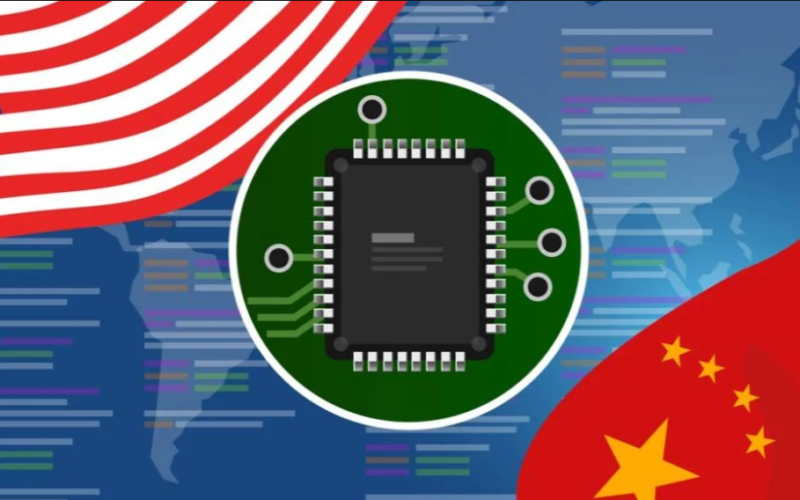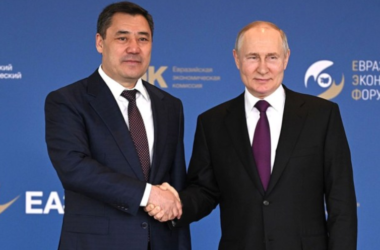In a move signaling increased vigilance in safeguarding advanced technology, the US government has expedited its schedule for enforcing more stringent export restrictions on high-end artificial intelligence (AI) chips destined for China.
The decision to fast-track the implementation of these export controls underscores growing concerns in Washington about the potential national security implications of exporting advanced AI technology to China. The new regulations, which were initially set to be phased in over an extended period, are now expected to take effect sooner than previously planned.
The accelerated timetable follows a series of developments that have fueled apprehension within US government circles regarding the transfer of cutting-edge AI chips to China. These chips play a pivotal role in various applications, including data processing, machine learning, and artificial intelligence research.
While the United States has been a global leader in AI research and development, there are mounting fears that unfettered exports of high-end AI chips could inadvertently bolster China’s capabilities in these critical technological areas. The US government’s move to tighten export controls is intended to strike a balance between maintaining US technological supremacy and addressing national security concerns.
The revised regulations are expected to require a more comprehensive review process for companies seeking to export AI chips to China. This would necessitate a meticulous evaluation of the potential applications and implications of the technology being exported, particularly as they relate to China’s defense and national security interests.
The issue of AI technology exports to China is complex and multi-faceted. On one hand, limiting the export of advanced AI chips could help safeguard American technological leadership and address potential national security risks. On the other hand, it also raises questions about the impact on global trade and innovation.
China has been aggressively pursuing advancements in AI and emerging technologies, and access to high-end AI chips is seen as essential to their progress. The United States is not alone in grappling with these challenges; other countries are also assessing the need for tighter controls on the export of sensitive technologies.
The US government’s decision to expedite the implementation of stricter export controls on high-end AI chips to China demonstrates the intricate web of economic, technological, and national security considerations that policymakers must navigate. Striking a balance between preserving America’s technological edge and addressing potential security concerns is an ongoing challenge that has ramifications for both the United States and the global tech industry. It remains to be seen how these changes will impact the evolving landscape of AI technology and international relations.








